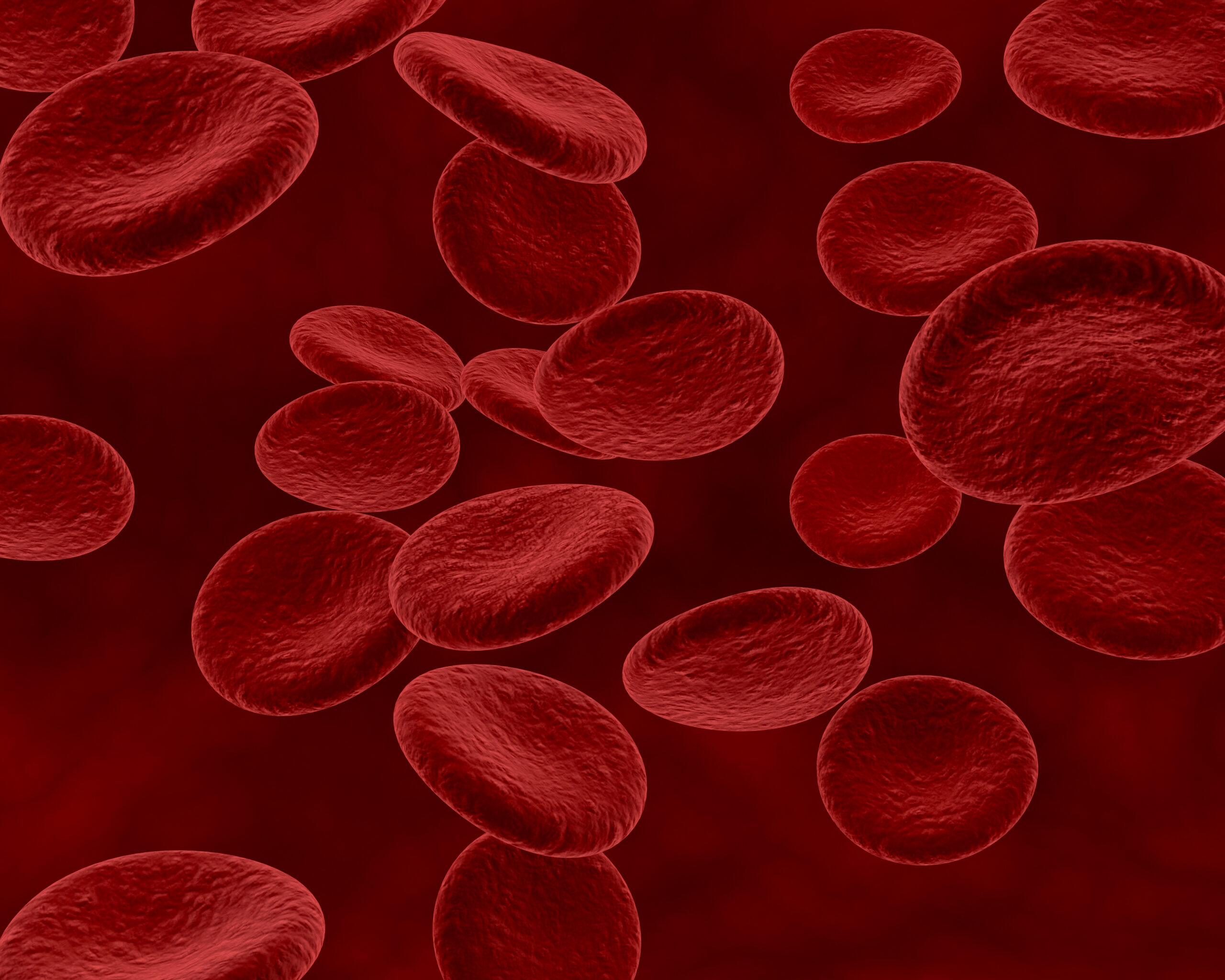
It was 2AM and Yetunde was sitting in the passenger’s seat, her body leaning forward and backwards every few seconds.
It was a Friday night in Lagos. Everyone else was trying to get to the happening spots and party till sunrise. She was just trying to get her little girl to the hospital.
It seemed unfair that she would share the road with people who did not have a care in the world, while she sat there praying that she would make it to the hospital in time.
She closed her eyes and cried. For herself, for her daughter, and for her negligence three years ago. She thought about how she should have taken the advice when she and her fiancé received the results of their genotype test.
But they went on with the wedding, took no precautions and had a child barely a year after. And like everyone predicted, their play failed spectacularly.
Sickle Cell in Nigeria
Every year, over 150,000 babies are born with sickle cell anaemia in Nigeria. In fact Nigeria has the largest population of individuals living with the condition globally, earning the country the title “The Sickle Cell Capital of the World”.
This significant health challenge affects millions of families and places an incredible burden on the healthcare system. Raising awareness on genotype testing and providing proper care and support are crucial in preventing and addressing this issue.
What is Sickle Cell Disease?
Sickle Cell Disease (SCD) is a genetic blood disorder that affects hemoglobin, the molecule in red blood cells that delivers oxygen to cells throughout the body. In SCD, the normally round and flexible red blood cells become rigid and shaped like crescent moons or sickles. These sickle-shaped cells can block blood flow, leading to severe pain and potential organ damage.
The Importance of Genotype Testing
According to a 2010 study carried out on about 600 respondents in Nigeria, only 48.7% knew their genoype. The awareness has grown since then but there is still so much work to be done, especially with understanding the implications of the results of the tests.
Sickle Cell Disease(SCD) is a genetic condition, but it is preventable. Genotype testing is essential to understand whether or not a person faces the risk of passing Sickle Cell Disease to their children.
People with the sickle cell trait (AS) do not have the disease but can pass the gene to their offspring. If both parents carry the trait, there is a 25% chance with each pregnancy that their child will have SCD.
Knowing your genotype can help you make family planning decisions and help reduce the incidence of the disease.
What are the Symptoms of Sickle Cell Anaemia?
The symptoms of Sickle Cell Disease can vary in different people but often include:
- Episodes of severe pain, known as pain crises
- Fatigue and anemia due to the destruction of sickle cells
- Swelling in the hands and feet
- Frequent infections due to spleen damage
- Delayed growth and puberty in children
- Vision problems caused by damage to blood vessels in the eyes
These symptoms can appear as early as five to six months of age and can persist throughout a person’s life
Complications of Sickle Cell
Sickle Cell Disease can lead to various complications, some of which can be life-threatening:
- Acute chest syndrome: A severe lung condition that can cause chest pain, fever, and difficulty breathing
- Stroke: Reduced blood flow to the brain due to blocked blood vessels
- Organ damage: Repeated blockages can cause damage to organs like the liver, kidneys, and spleen
- Infections: Increased vulnerability to infections, particularly in young children
- Leg ulcers: Open sores that can develop on the legs due to poor blood flow
These complications highlight the importance of comprehensive care and regular medical monitoring.
Managing The Disease
Effective management can significantly improve quality of life. Key management techniques include:
- Regular medical check-ups to monitor health and catch possible complications early
- Pain management techniques, including medications and proper hydration
- Vaccinations and antibiotics to prevent infections
- Blood transfusions to treat anemia and reduce stroke risk
- Hydroxyurea, a medication that can reduce the frequency of pain crises and the need for blood transfusions
- Bone marrow or stem cell transplants are currently the only known cure for sickle cell disease. But in Nigeria, the procedure costs millions of naira and therefore isn’t accessible to all in need of it.
Although the statistics are staggering, a healthier Nigeria is possible and you have a part to play. Know your genotype. Encourage the people around you to get tested too. If you intend to have children biologically, that is the only way to mitigate the risk of passing on sickle cell disease.
Let us come together to build a safer community not just for us, but for generations to come.
If you found this educative, explore some more on this blog starting with this article about how to protect yourself from the cholera outbreak in Nigeria.




Leave a Reply